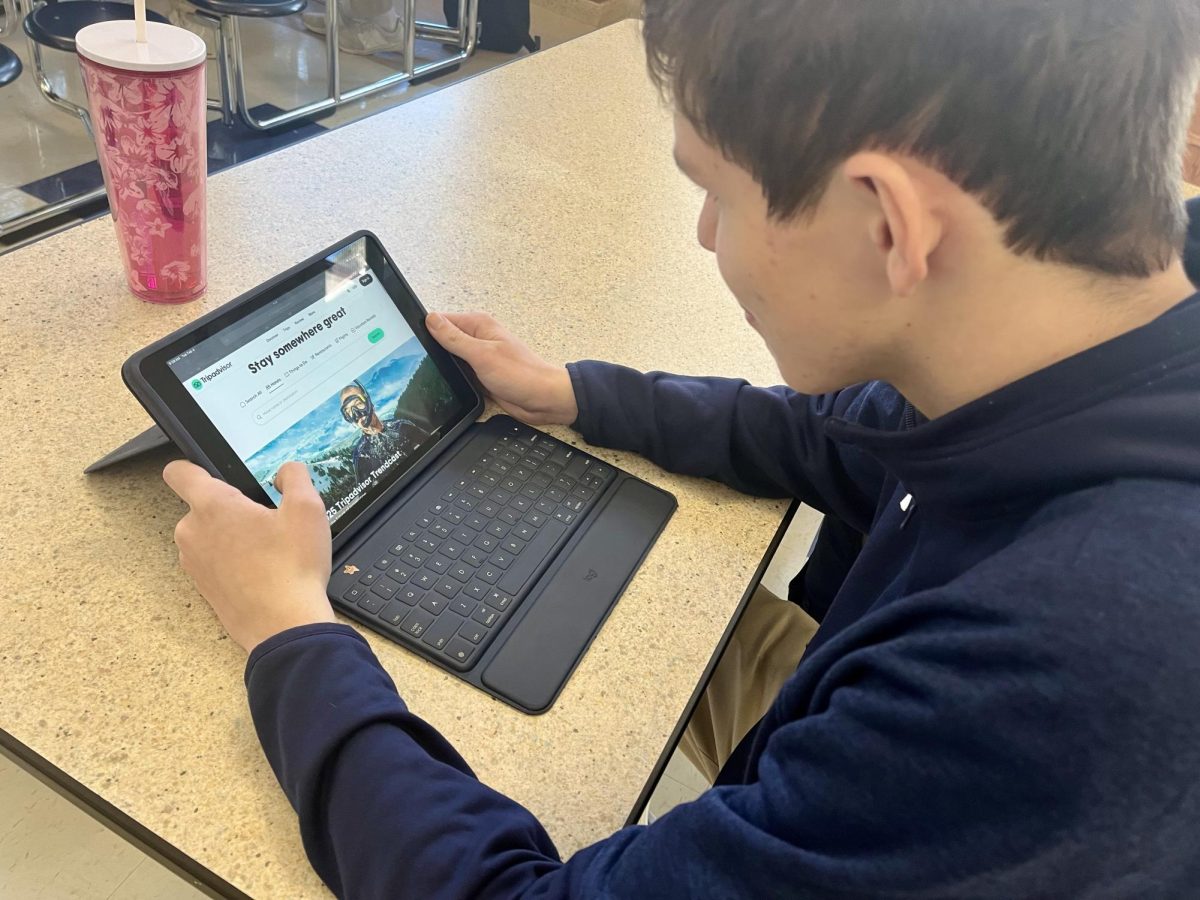Did you know that Hugh Jackman took a gap year before going to college? He was a PE teacher and assistant housemaster at the prestigious Uppingham School in England. Taking a gap year has recently become more common for high school students. According to the USA Gap Year Fairs, there has been a “more than 200 percent increase over the past five years in the number of students who attended their fairs” (Gigante). Nevertheless, most people hold negative attitudes toward taking a gap year and prefer the conventional pathway of going straight to college instead.
According to the Oxford Dictionary, a gap year is a period typically taken by a student as a break between high school and higher education (Oxford). Many students take a gap year to discover interests and decide what majors or career paths they want to pursue through job experiences, programs, and internships. A gap year also provides an opportunity to gain experiences essential to living independently and working efficiently. A gap year generally helps students prepare to transform into adulthood or college from the coddling of school and family.
Gillian Muller, a gapper, utilized the time to join the GVI Whale & Dolphin Marine Conservation program in Spain. They did beach clean-ups, went on a boat to collect animal data, conducted land surveys, and explored the sea (Muller). This volunteer work fulfilled Muller’s passion and inspired her to pursue a career in humanitarian work or liberal arts instead of doing STEM fields or research, which she had previously intended to do. Muller encourages students to take a gap year, “Especially if you feel confused after graduating high school and don’t yet know what you want out of career or college” (Muller).

Furthermore, a gap year provides an opportunity to obtain interpersonal and working skills outside of school. Muller commented that her gap year was a practical experience completely different from a traditional classroom setting, where she needed to be independent and get used to interacting with strangers (Muller).
Meanwhile, it is necessary to note the challenges of taking a gap year. Facing stress is one of them. Most people expect students to go to college directly after high school, putting stress on people who decide to take a gap year. Additionally, gappers need to figure out their whole schedules for their gap years to make the time fruitful. Noah Robison, another gapper, reveals his struggle and uncertainty in figuring out his schedule as he was between doing things during a large part of his gap year (Robison). Since he was engaged in different work throughout the year–participating in the High Mountain Institute’s Gap Trek program, hiking in the backcountry, living with a host family in Guatemala as well as working as a lifeguard and volunteering at a local land trust in between his travels–he encountered much stress in filling in the gaps.
Moreover, taking a gap year requires independence and self-regulation, which many high school students lack. Unlike their school or home experiences, gappers don’t have teachers or parents to tell them what to do. Instead, they are responsible for making decisions for themselves and maintaining a momentum to learn constantly. Also, many students might not be adapted to the workspace environment, where communication, interpersonal skills, and conflict-solving skills are necessary.
Nevertheless, these challenges are part of growing up and getting used to the adult society. Reflecting on his experience, Robison expresses his thankfulness to the obstacles he faced as “they were equally as important to my growth as my time of travel and fun. I learned how to plan, be self-sufficient, and truly be an independent adult” (Robison). No wonder it is inevitable to get deterred by challenges. However, they are what make gap years worthwhile experiences that push people to transform themselves.
As Eleanor Roosevelt once said, “ No one can make you feel inferior without your consent.” Following a pathway different from the societal norm of going to college directly after school is okay if students think it would be a better choice for their future and are obligated to continue their passion for learning.




